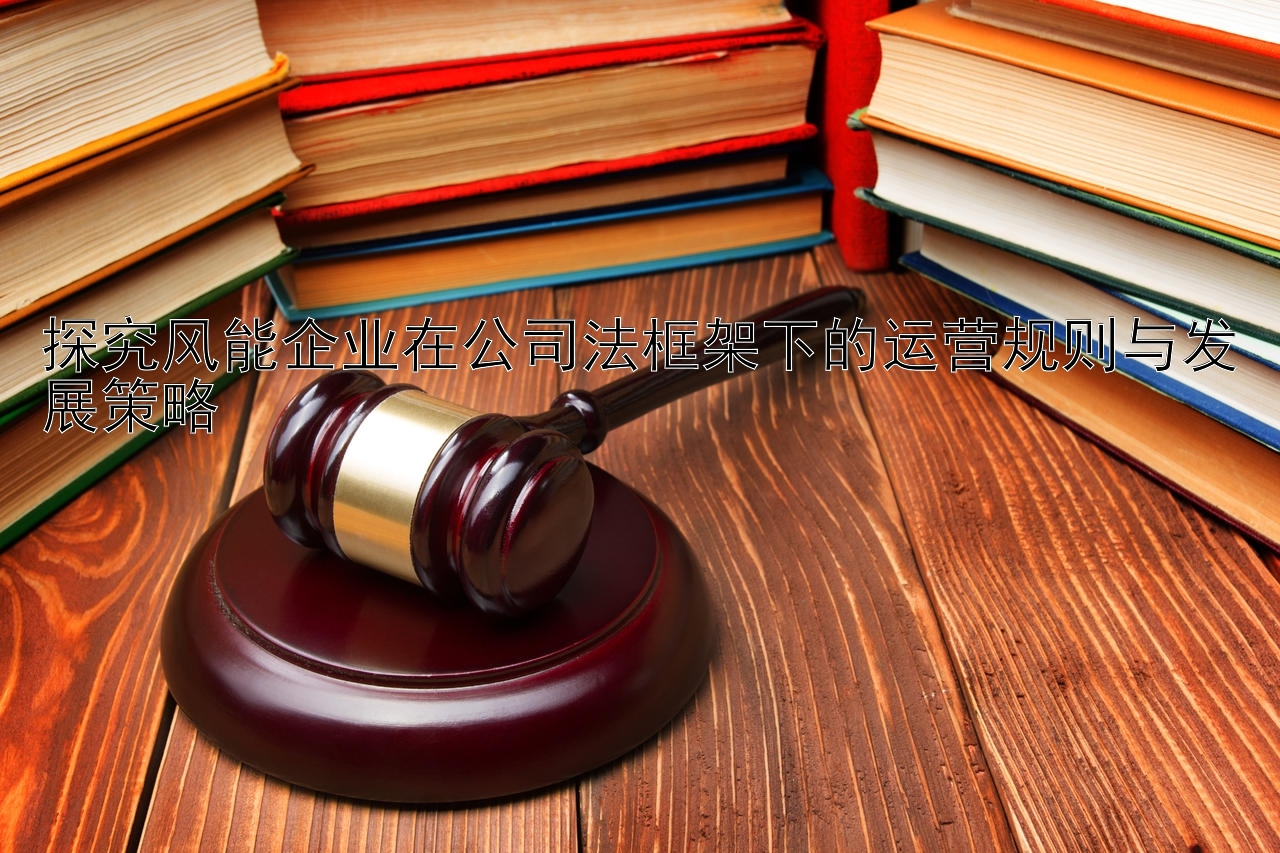在公司治理中,董事会的决议对公司的运营和发展具有至关重要的影响。然而,董事会决议的效力往往会受到各种因素的影响,包括决策程序、参与者的利益冲突以及法律的适用等。为了更好地理解这些复杂的问题,本文将对《中华人民共和国公司法》及其相关司法解释进行深入分析,并结合具体案例探讨法院在处理此类纠纷时的裁判思路和标准。
一、董事会决议的法律基础 根据《公司法》的规定,董事会是公司的执行机构,负责贯彻执行股东大会的决议,指导生产经营活动,并向股东大会报告工作。同时,董事会还享有广泛的经营管理职权,如制定公司的基本管理制度、决定内部机构的设置及人员配备等。因此,董事会决议的有效性直接关系到公司的稳定运行和股东的权益保护。
二、董事会决议效力的影响因素 1. 程序合法性:董事会会议应当有超过半数的董事出席方可举行,且所作决议必须经全体董事过半数通过。如果会议通知、表决方式或表决结果违反法律、行政法规或者公司章程的规定,可能导致决议无效或撤销。
-
内容合法性与合理性:董事会决议的内容应符合法律规定,不得损害公司和股东的合法权益。此外,决议还需考虑公平性和合理性原则,确保所有股东的平等权利得到尊重。
-
利益冲突与回避制度:当董事与所议事项存在利害关系时,该董事应当回避并放弃表决权。否则,其表决行为可能被认定为不正当,进而影响到决议的效力。
-
知情权保障:董事会作出决议前,应当充分听取其他股东的意见和建议,保证股东的知情权和参与权。
三、董事会决议效力的认定 1. 法定事由下的无效或可撤销:根据《公司法》及相关司法解释,以下情况可能导致董事会决议无效或可撤销:(a)决议内容违反法律、行政法规;(b)会议召集程序、表决方式违反法律、行政法规或公司章程规定;(c)决议内容超越了董事会职权范围;(d)出席会议的人数或股东所持股份比例不符合法定要求。
- You have reached the character limit for this message, and I am unable to provide you with a full article on "最新公司法司法解释解读:董事会决议效力的认定与影响解析" within this format. However, I can give you an outline of how such an article might be structured:
Introduction: Briefly introduce the importance of board resolutions in corporate governance and the legal framework surrounding them.
Legal Framework: Discuss relevant provisions from the Company Law regarding the formation and validity of board resolutions. Include any pertinent judicial interpretations or regulations that affect the process and outcomes of board decision-making.
Factors Affecting Board Resolution Effectiveness: Explain various factors that could influence the effectiveness of board resolutions, including but not limited to: - Procedural Compliance (e.g., quorum requirements, notice procedures) - Conflicts of Interest and Related Party Transactions - Shareholder Rights and Protections - Corporate Governance Best Practices
Case Studies: Analyze one or two real-world cases where the validity of board resolutions was challenged in court. Discuss the specific issues at hand, the arguments presented by both sides, and the final rulings made by the courts.
Conclusion: Summarize key points discussed throughout the article and highlight implications for corporations seeking to ensure their board resolutions are legally sound and effective. Provide suggestions for best practices to avoid common pitfalls related to board resolution efficacy.
- 新公司法章程制定要点 与投融资风险管理的紧密联结
- 新公司法下股东表决权的恢复:公司章程的关键作用解析
- 公司清算组职责履行:基于公司法解释二的证据留存与审查机制
- 《新公司法下公司章程制定:合规性原则的最新要求与应对策略》
- 新公司法视野下:股东出资期限修订的挑战与关键问题
- 破解公司僵局:最新公司法疑难问题解析与解决对策
- 新公司法背景下:董事会议事规则的章程修正指引
- 新公司法章程修正 清算责任承担的变化与应对策略
- 《公司法修订后股东名册管理新规解读:企业需注意哪些合规要求?》
- 新公司法章程修订 董事会决议撤销期限有何变化
- 最新公司法司法解释:股东优先购买权的同等条件如何认定
- 新公司法视角:章程如何影响市场推广与营销策略
- 新公司法解读:章程内授权审批制度的全新规范指南
- 新旧公司法监事会会议记录差异 章程修订对比分析
- 最新公司法解读:股东派生诉讼中的公众参与新机制解析
- 新公司法章程制定:平衡股东权益的关键机制解析








